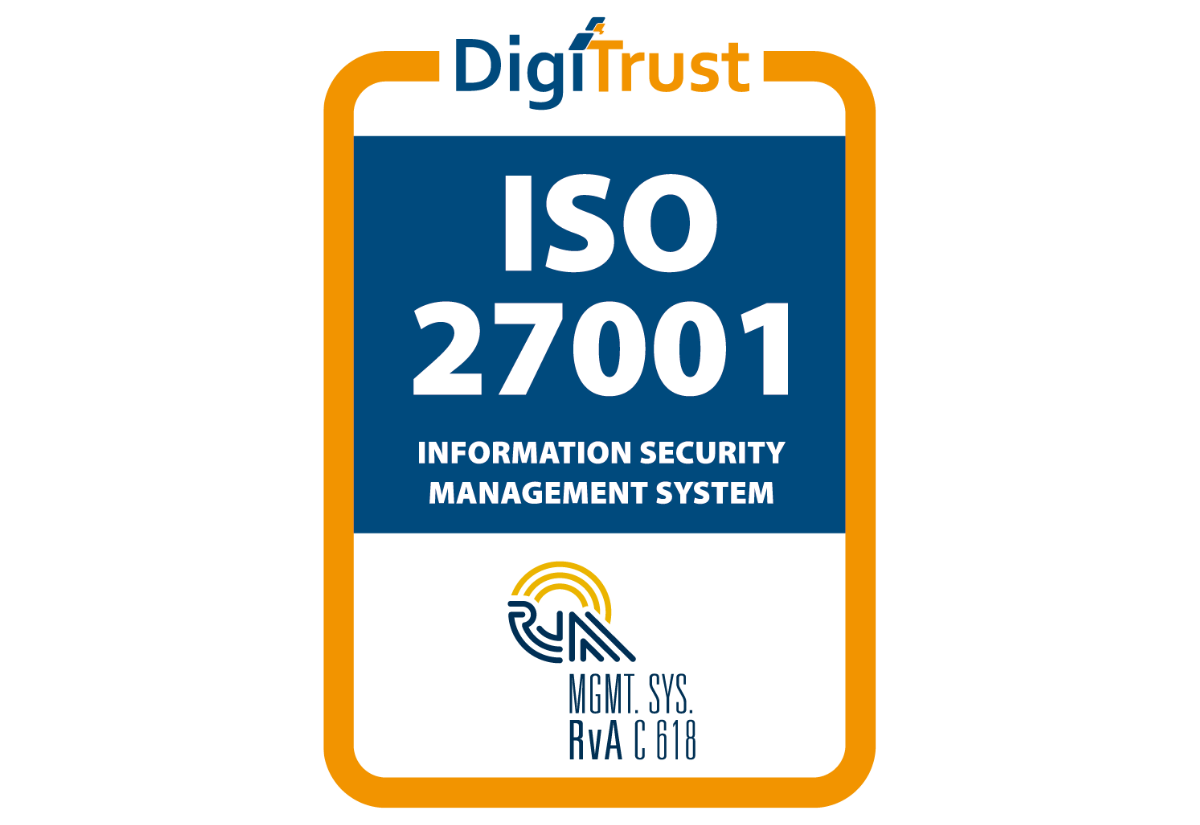In 2019, the first cases of SARS-CoV-2 were detected in Wuhan, China, and by early 2020 the first cases were identified in the United States. SARS-CoV-2 infections increased in the US, causing many states to implement stay-at-home orders and additional safety precautions to mitigate potential outbreaks. As policies changed throughout the pandemic and restrictions were lifted, there was an increase in demand for COVID-19 testing, which was costly, difficult to obtain, or had long turnaround times.
Some academic institutions, including Boston University (BU), created an on-campus COVID-19 screening protocol as part of a plan for the safe return of students, faculty, and staff with the option for in-person classes.
BU built an automated, high-throughput facility on campus with the capacity to run 45,000 individual tests weekly, with a purpose-built CLIA laboratory, a multiplexed reverse transcription PCR (RT-qPCR) test, robotic instrumentation, and trained staff. There were many challenges, from supply chain issues for personal protective equipment and testing materials to equipment in high demand. The BU Clinical Testing Laboratory (CTL) was operational at the start of Fall 2020 and performed over 1 million SARS-CoV-2 PCR tests during the 2020-2021 academic year.
This webcast will present the practical benefits of adopting digital technologies in an automated high-throughput lab environment and share how Boston University researchers were able to streamline their workflows, manage their data, and collaborate with their colleagues more effectively.
You will learn the following:
- How digital tools and techniques can be used to improve the lab environment and data management
- What Boston University researchers learned from their experience integrating a digital lab platform
- Real-world future possibilities in lab digitalization







